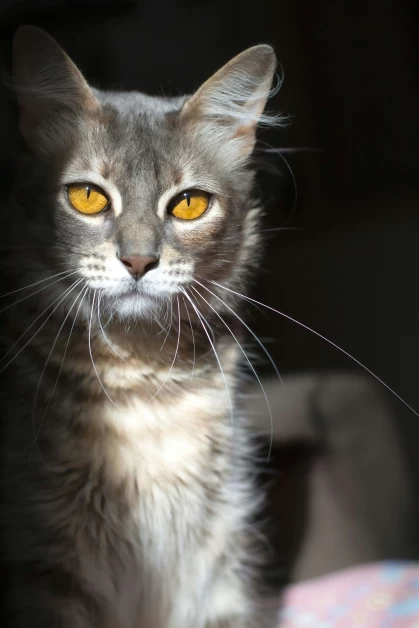Table of Contents
Introduction
Manuka honey is known for its many health benefits in humans, but can it be beneficial for our feline friends as well? In this guide, we will explore the use of Manuka honey for cats and discuss its potential benefits, safety, and recommended dosage. We will also address common concerns and provide alternative options for improving your cat’s health.
Can Cats Eat Manuka Honey?
The answer is yes, cats can eat Manuka honey. However, it is important to note that cats are carnivores and their digestive systems are designed for a meat-based diet. While Manuka honey has many health benefits, it should only be given to cats in small amounts and as an occasional treat.
Benefits of Manuka Honey for Cats
Manuka honey has several potential benefits for cats. It has antibacterial properties that can help fight infections and promote wound healing. It also has anti-inflammatory properties, which can help reduce inflammation and improve overall health. Additionally, Manuka honey is rich in antioxidants, which can boost the immune system and protect against free radicals.
Safety of Manuka Honey for Cats
While Manuka honey is generally safe for cats, it is important to exercise caution when giving it to them. Cats have sensitive digestive systems, and consuming too much honey can cause digestive upset, including vomiting and diarrhea. It is recommended to start with a small amount of Manuka honey and monitor your cat’s reaction before gradually increasing the dosage.
Dosage of Manuka Honey for Cats
The recommended dosage of Manuka honey for cats is as follows:
- For small cats: Give them a maximum of 1 teaspoon per day.
- For larger cats: Give them a maximum of 1 tablespoon per day.
It is important to note that these are general guidelines and may vary depending on your cat’s individual health and dietary needs. Always consult with your veterinarian before introducing any new food or supplement to your cat’s diet.
Alternatives to Manuka Honey for Cats
If you are concerned about giving Manuka honey to your cat or if your cat does not tolerate honey well, there are several alternative options that can provide similar health benefits. Blueberries, oatmeal, and peas are all nutritious and packed with antioxidants. These can be included in your cat’s diet as treats or added to their regular meals.
Conclusion
In conclusion, Manuka honey can be safely given to cats in small amounts as an occasional treat. It has several potential health benefits, including antibacterial and anti-inflammatory properties. However, it is important to monitor your cat’s reaction and consult with your veterinarian before incorporating Manuka honey into their diet. Additionally, there are alternative options available that can provide similar health benefits. Remember to prioritize your cat’s overall health and well-being when making dietary decisions.



